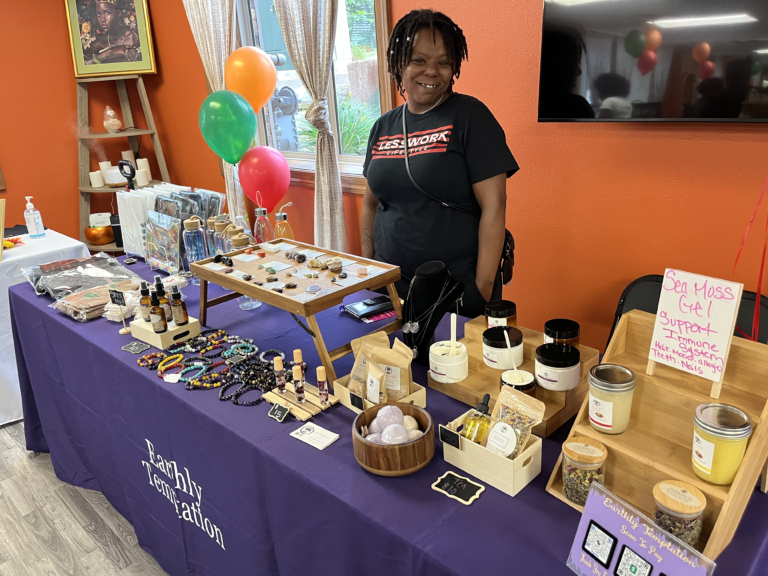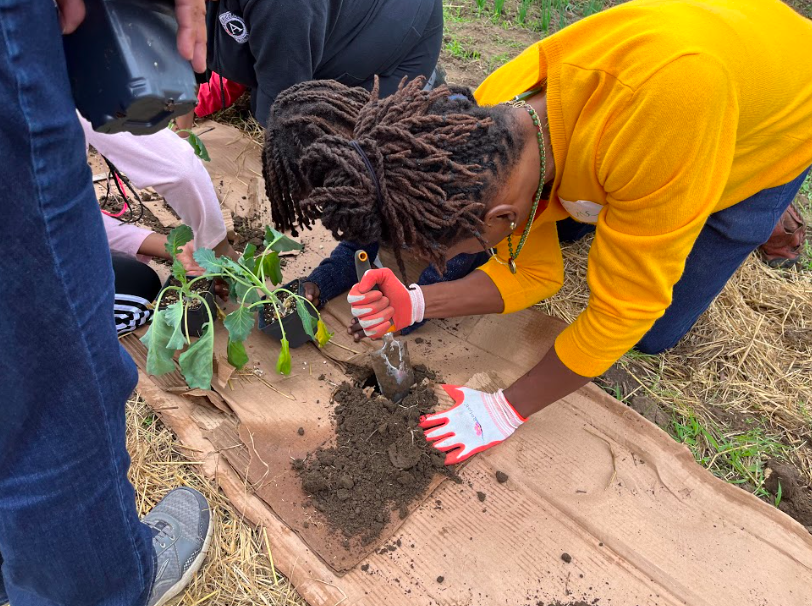Previous
Next
What is Oral History
Oral history is a method of gathering and preserving historical information through recorded interviews with participants in past events and ways of life (Oral History Association, 2018).
Anything that happened before, is the past, even if it was moments ago.
Oral histories allow people to be the narrator of their unique life history.
Oral history is used to share narrators’ history publicly as a primary source for people in the future. While recording type (i.e. video, voice, etc.) may vary based on the oral history format, the aim is to build our history from the source of our narrators that would inform how we look at the future.
Oral histories should feel like the interviewer and the narrator are communicating as a relationship. Interviewers are members of the community as well and hope that the experience is welcoming and open for our narrators.


Why Oral History
We chose oral history as our format because:
- Oral history helps us round out the past and paint a picture from the lens of a variety of voices
- Oral history allows us to make Black Madison voices heard when in history Black people’s work in Madison has been hidden. We believe that oral history empowers communities and can give communities a voice.
- Oral history helps us understand history over time and preserves history for future generations
- Oral history can connect us and enhance us. It has the potential to be cross-generational.
- Oral history helps us bring the past to life and to illuminate the present/ or aspects of the present that aren’t being illuminated
